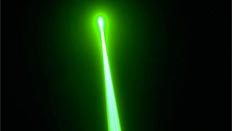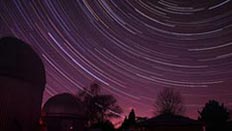Atmospheric remote sensing laboratory
Aerosol pollution has fundamental impact on climate change. Our knowledge on aerosol particle properties, however, is still very limited. This limitation causes large uncertainty regarding the assessment of how man-made (anthropogenic) and natural particulate pollution influence climate on Earth.
Work in our laboratory deals with the study of geometrical, optical, microphysical, chemical and radiative properties of aerosol pollution. We follow several approaches in order to tackle this complex work.
Our main activities cover
- Characterization of aerosol pollution with remote sensing and remote measurement instruments
- Long-term monitoring of aerosol pollution from long-range transport in the free troposphere
- Lidar instrument development
- Development of data analysis tools: inversion algorithms, neural networks, data mining algorithms
- Development of optical models (particle scattering models) that are used in remote sensing applications for the description of scattering properties of mineral dust
- Training and teaching of research staff under the umbrella of the Marie Curie ITaRS (Initial Training for atmospheric Remote Sensing) program (ITaRS) and in the context of individual courses carried out at CAIR. Topics are data inversion algorithms and aerosol characterization with multiwavelength Raman lidar.





